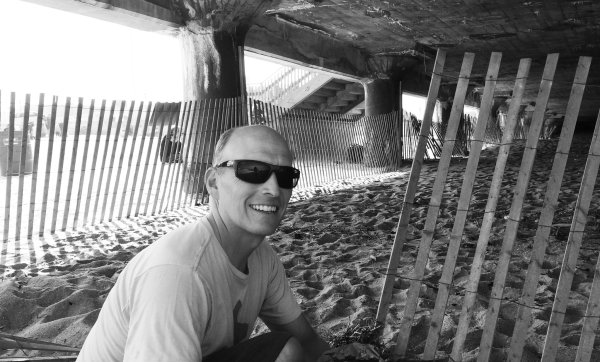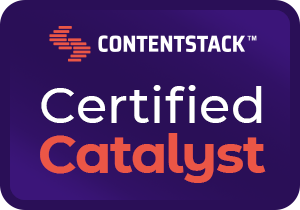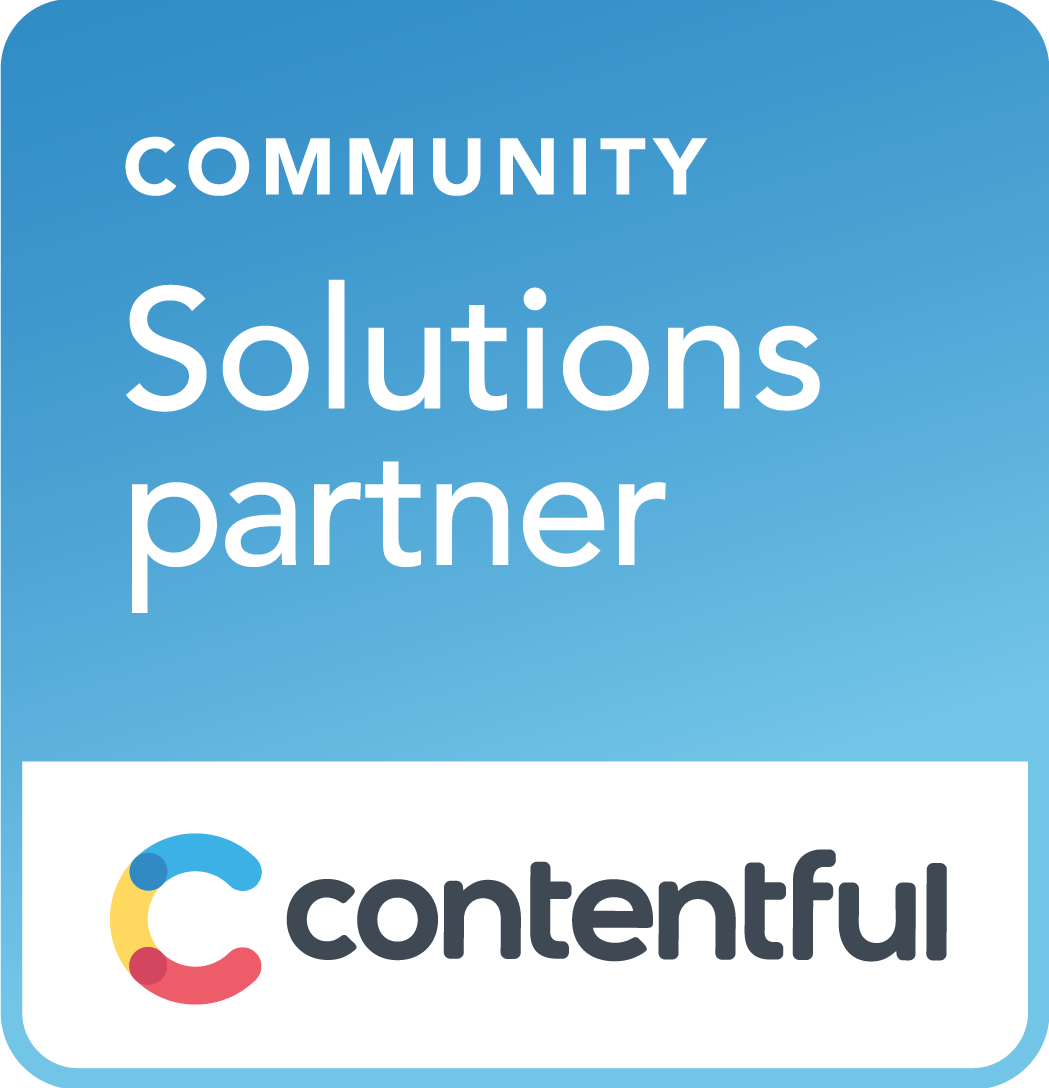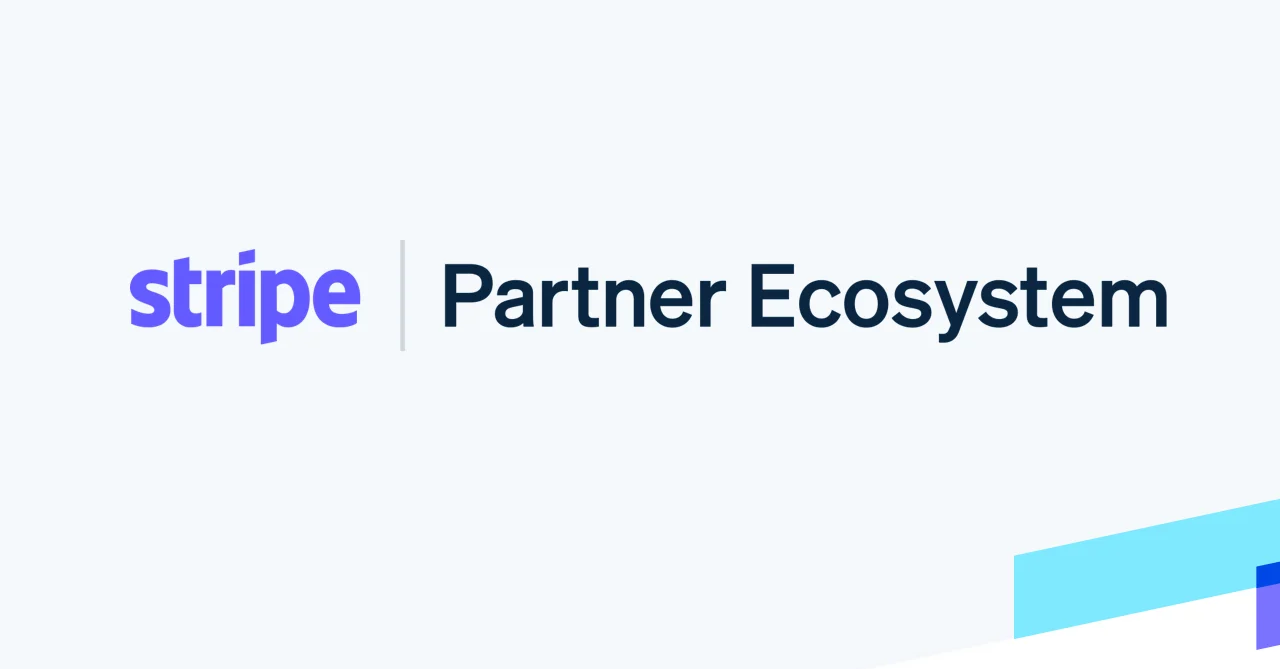We are both psyched and humbled to introduce John Weber, the Mid-Atlantic Regional Manager for Surfrider Foundation. A New Jersey native that has devoted most of his professional life to the nonprofit sector, John is passionate about the environment and our capacity to actively work to save it. In his current role he oversees nine Surfrider Foundation chapters across five states. We first met John at a 1% For The Planet member meet up here in New York City and were blown away by his passion, enthusiasm and dedication to the environment.
Where were your born and raised?
New Jersey, I’m a lifer; never left except for college. Mostly Wyckoff which is in Bergen County and a few years in Old Bridge in Middlesex County. Summers were in Beach Haven though. My grandmother bought a house there in 1974. I moved to Monmouth County in the early 1990’s, near the beach.
Tell us a bit about your childhood and what was the defining experience that drove you to a life of non-profit work?
My parents weren’t really outdoorsy, but they weren’t typical American parents either — my dad is German. Instead of going to sporting events and the circus, we went to museums and outdoor places. Not hardcore camping or anything, just visiting the natural areas around our town. This probably showed me there are places worth protecting right under your nose. But summers at the beach really hooked me. Some years in late June, we’d actually have the car packed on the last day of school and go straight down there. After college, I just knew I did not want to work for a big company. I leaned towards environmental stuff with my biology degree. What led me to nonprofit work was literally an ad in the paper, for a door-to-door field canvasser. I did this for environmental and social causes for years. It lead me to where I am now. That job and the organizations I worked for taught me how to organize people. It also taught me that education is not always enough. You need people to demand policies and laws that actually protect the environment and people.
What are some outdoor activities that you enjoy participating in and why?
I’m kind-of a one trick pony with surfing. It’s pretty much all I do if I’ve got the time and conditions are good. I’m trying to get into surf fishing, but there is a big time commitment there. I’m trying. I dabble. Some stand up paddling, mostly on flat water. It’s a good way to see birds and wildlife. But really, anything you can do at the beach.
Obviously you have taken a professional path towards focusing on the ocean, beaches and shorelines with Surfrider. As a human being, is the ocean where you personally connect, or is there a greater environmental malady that you are particularly passionate about?
It is where I connect. I structured my life to be near the ocean. I took a job that let me live near the beach, I bought the closest house to the beach I could afford, twice. Taking the Surfrider job I knew I’d deepen my connection to the coast and ocean. This work has made me realize that the same is true for so many people; it’s where so many people connect. It’s not trivial either. It’s not just playing in the surf and sand. If you think creation is important, then “re-creation” is important too. The world can be such a screwed up place these days. Imagine what it would be like if people couldn’t go to the beach, ocean, or their favorite natural place and connect with nature. We’d be a whole lot worse off.
The greater malady of course is Climate Change. While there is plenty of appropriate focus on the causes (emissions) end, everything we do at Surfrider is impacted on the results end — the sea level rise, the ocean acidification, the loss of beaches, and the impacts of storms. So while we don’t work on the emissions end of climate change, it is all related.

If you could have a conversation with the youth of the world today, what would be your one takeaway point that you would urge them to embrace?
My message would be different for different youth. If they live in a democracy, I’d say use your democracy, get fully involved in that as a way to bring about environmental change. If not, I’d say reject Western consumer culture and work in whatever way you can to protect the natural environment where you live.
Obviously there are some significant battles that we are fighting with respect to the environment. Do you ever see success?
Yes! Surfrider Foundation actually measures our successes by campaign victories. We count them. When a decision is made like a law is passed or a policy is created that is good for the environment, we count that as a victory if it was a local chapter campaign. We put it right on the Surfrider website at http://www.surfrider.org/campaigns. It’s a great way for people to know what they are getting for their donation to Surfrider Foundation. We have hundreds of victories to date; some big some small. Some big local ones include helping to stop three different proposals for Liquid Natural Gas facilities offshore in the New York, New Jersey area. Also local bag laws dealing with plastic bags, things like that. A big national victory last year was stopping offshore oil drilling in the Atlantic. We won! But now we have to fight that campaign all over again. That’s what’s hard in the environmental movement. Every victory is temporary and every loss is permanent.
That’s what’s hard in the environmental movement. Every victory is temporary and every loss is permanent.
How will you know that you have accomplished a current mission or campaign?
With a campaign, it is easy. They are clearly defined. If this decision is made, we won, if this other decision is made, we lost. With mission...it’s never over. The coast is never saved, it is always being saved.
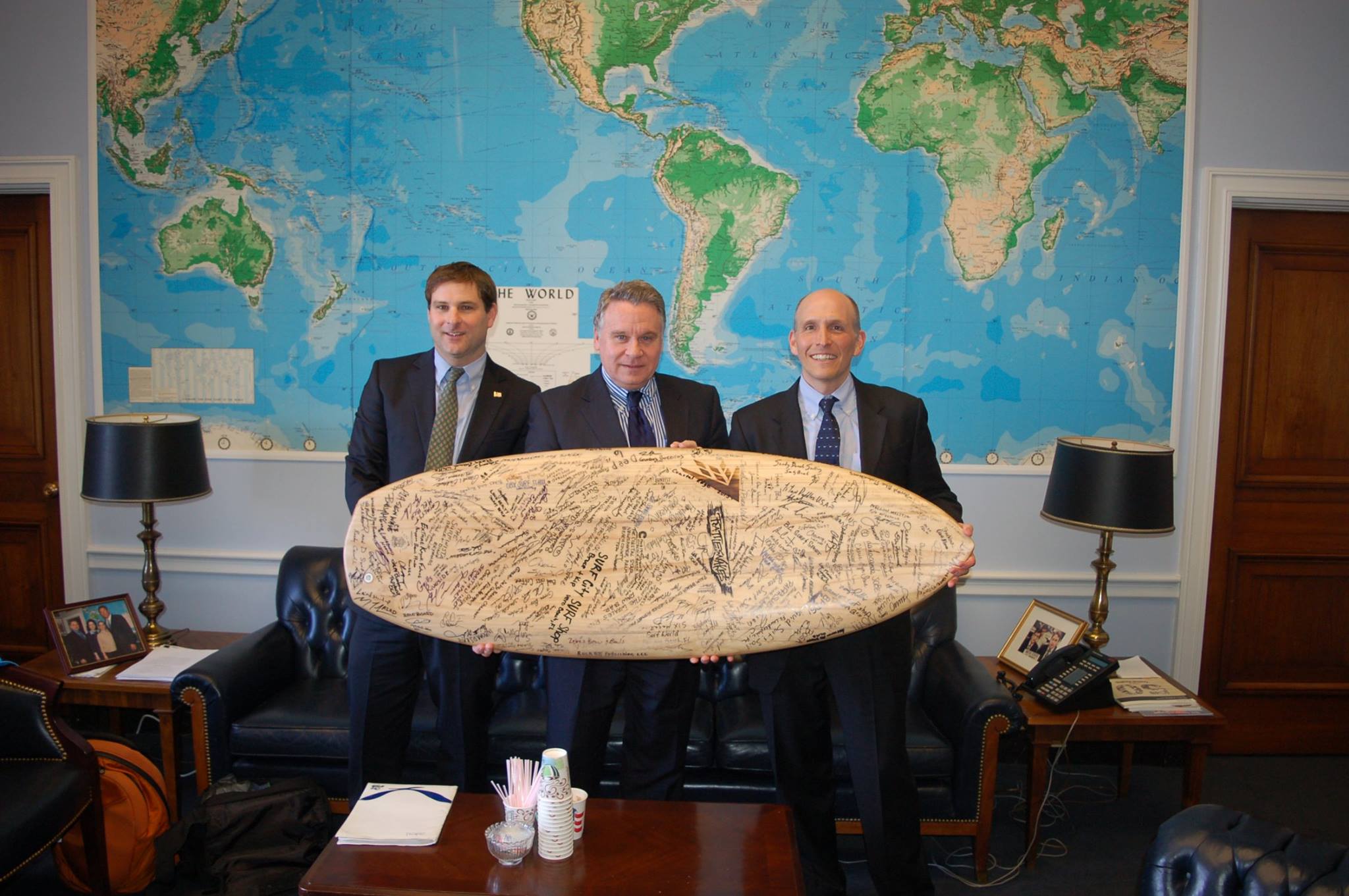
What are some easy tips and tricks that you have acquired over a lifetime that would help people, regardless of their connection to the environment, to simply live a more conscious lifestyle?
Simple — get rid of your television. I did 25 years ago. I haven’t missed a thing. In fact, it frees up so much of your life to do and learn other things. Plus, without TV you don’t want all the stuff they are selling you. You don’t feel inadequate or lacking or needy of the crap they are selling you in commercials. Also, when giving gifts, think in terms of experiences, not things, including for yourself. Time with friends or loved ones at a concert, play, dinner, surf trip, ski trip, weekend getaway is the kind of thing that will last a lifetime in memories. The thing advertised on TV will probably not last you until next year.
To be more conscious, I’d suggest visiting your “away” — as in where you throw things away. Visit your local landfill (or any landfill if you can) or recycling center etc. It will change your attitude about all the “stuff” in your life. Become more materialistic. That’s right, more materialistic. And by that I mean think and consider the full life cycle of everything that passes through your hands. How was it made? Who made it? What are the raw materials involved? How were they extracted? It’s a way to know your world better and to do less harm when you have that knowledge.
To be more conscious, I’d suggest visiting your “away” — as in where you throw things away. Visit your local landfill (or any landfill if you can) or recycling center etc. It will change your attitude about all the “stuff” in your life.
If you could erase a single environmental issue from planet earth, what would it be and why?
Greed or ignorance but that’s just not going to happen.
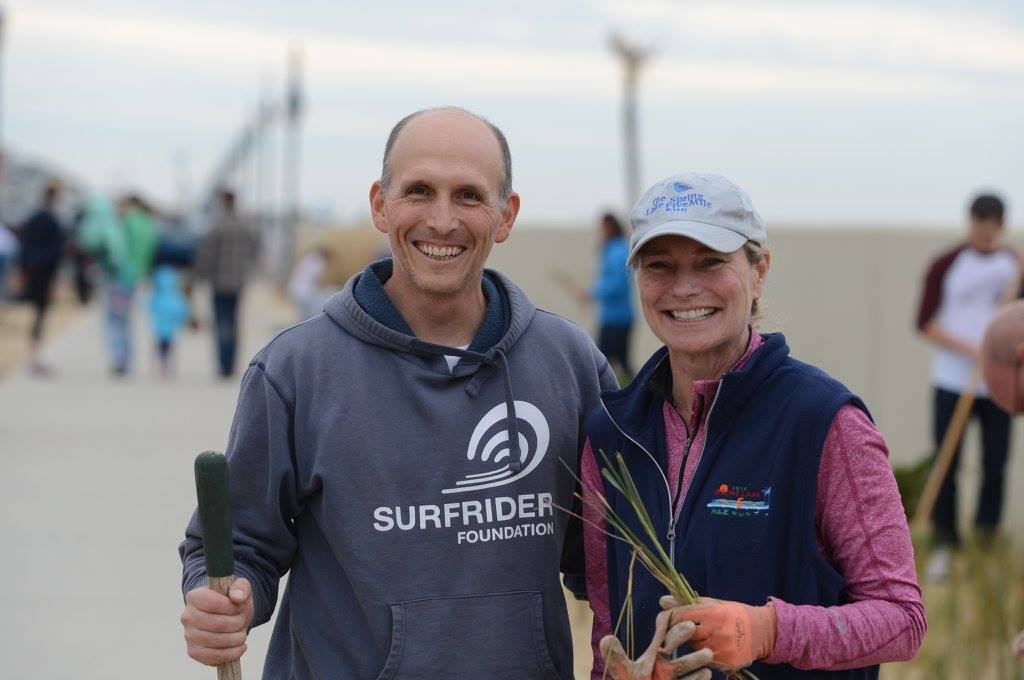
How can people contact you or their local Surfrider Chapter?
They can and should go to surfrider.org and click on the “Our Network” tab and choose “chapters.” You can search the map or the table there. There are also clubs in schools. If there is not one in your school, get some friends together and start one up. Chapters and clubs are great but people shouldn’t feel like they have to go through them or go to them. We have an Ocean Friendly Restaurant program now. See the criteria and if you own a restaurant, register it here. Or just tell your favorite restaurants about it. There are also DIY ways to connect. These days, people seem to just go to the beach, pick up a bunch of trash, take a picture and hashtag it #riseaboveplastic or #surfrider. For a motivated person, I think there are a lot of options to engage in our mission.
